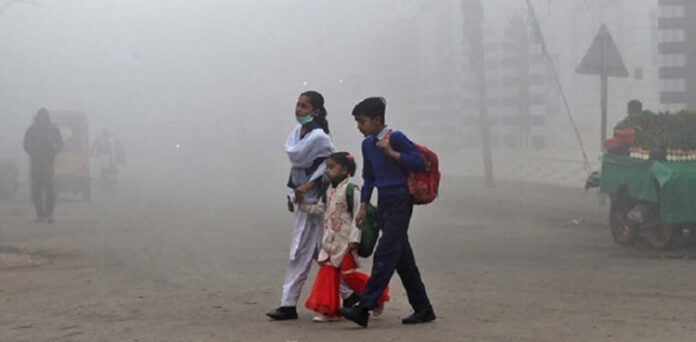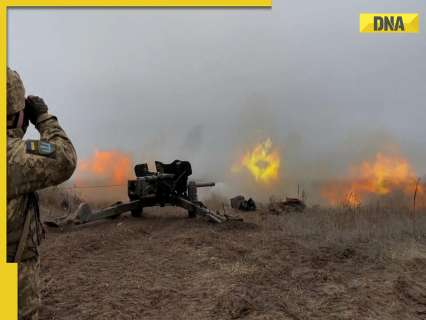
World over, experts have expressed concerns over rising rates of pancreatic cancer in youngsters – however, new research has revealed a jump in cases has not been accompanied by any increase in deaths from the deadly disease. So, what could be the reason behind this - scientists say today's more highly sensitive imaging scans may be catching early, nonlethal cases of pancreatic cancer in people under 40 years that were simply missed before. "Reports from several registries have garnered concerns over the increasing incidence of pancreatic cancer among younger persons, particularly women in the United States and globally," the researchers wrote in their report, published in the journal Annals of Internal Medicine.
"Although some attribute this trend to increasing rates of obesity, others have found no obvious cause." Pancreatic cancer occurs when cells in your pancreas mutate and multiply out of control, forming a tumour. Doctors said earlier, early-stage pancreatic tumours usually did not show up on imaging tests and for that reason, many people, especially youngsters, did not receive a diagnosis until the cancer spread.
Most Pancreatic cancers are in the endocrine According to experts, data suggests a surprising conclusion that the statistics on pancreatic cancer lump together two very different types of tumours that happen to emerge in the same organ -- endocrine cancers and adenocarcinomas. While the first type takes years to grow and spread, the second cancer is typically fast-moving and aggressive. "The increasing incidence of pancreatic cancer in younger Americans is primarily due to increased detection of smaller, early-stage endocrine cancer -- not an increase in pancreatic adenocarcinoma," the researchers from Bringham and Women’s Hospital in Boston, wrote.
And so, new cases of pancreatic cancer are rising while deaths are not, "suggests that the recent increase in early-onset pancreatic cancer reflects detection of previously undetected disease, rather than a true increase in cancer occurrence." Pancreatic cancer surgeries have doubled in the last 20 years According to Dr. Vishal Patel, who led the research, data from 2001-2019 showed that the number of pancreatic cancer surgeries among people between the ages of 15 and 39 has roughly doubled in women and men.
However, the increase was only confined to cancers that were in the very early stages, pointing to a phenomenon known as overdiagnosis: a rise in incidence without a linked rise in deaths. Dr. Patel says most lethal adenocarcinomas are discovered early when they surface in abdominal scans done for other reasons.
However the incidence of adenocarcinomas at every stage has remained stable in young people. Meanwhile, less harmful endocrine tumours are being detected in the pancreas by increasingly sensitive CT scans or MRIs, which are being used for various purposes more often than before. “The more you are imaged, the more these things will turn up,” study author Dr.
H. Gilbert Welch, a senior researcher in the Center for Surgery and Public Health at Brigham and Women’s Hospital, told the New York Times. And once something is discovered, doctors and patients alike may feel they need to act.
According to the available data, pancreatic cancer is the tenth most common cancer in men and the eighth most common cancer in women across the world. Early signs and symptoms of pancreatic cancer Even though there are not any very early signs of pancreatic cancer, symptoms typically emerge once the tumour starts impacting other organs in your digestive system. A few of these may include: Jaundice Dark coloured urine Light coloured stool Pain in the upper abdomen Pain in the middle back Tiredness and fatigue Itchy skin Nausea and vomiting Gas and bloating Lack of appetite Formation of blood clots Weight loss New-onset type 2 diabetes Doctors say while there are early telltale signs of pancreatic cancer, some people develop vague symptoms up to one year before they receive a diagnosis.
Get Latest News Live on Times Now along with Breaking News and Top Headlines from Health and around the world..














